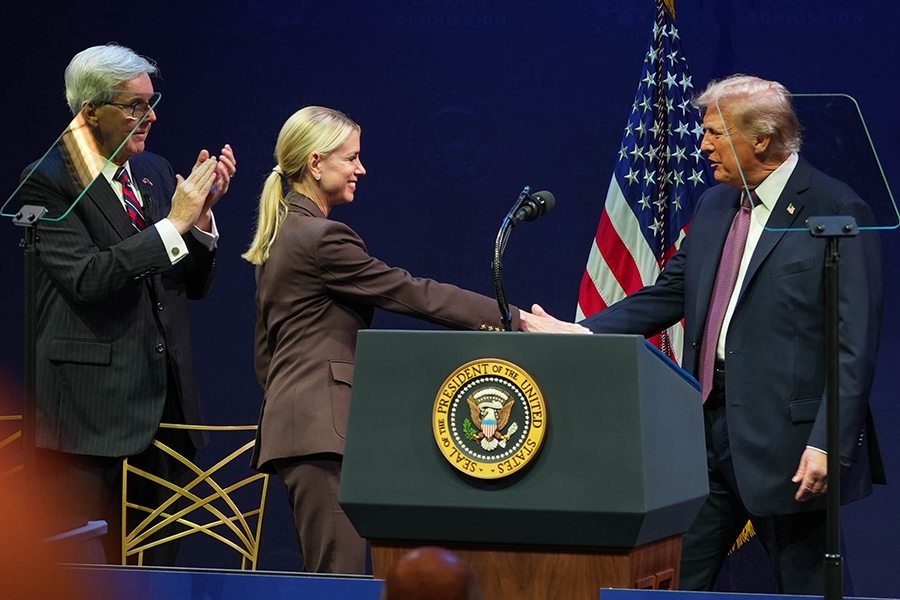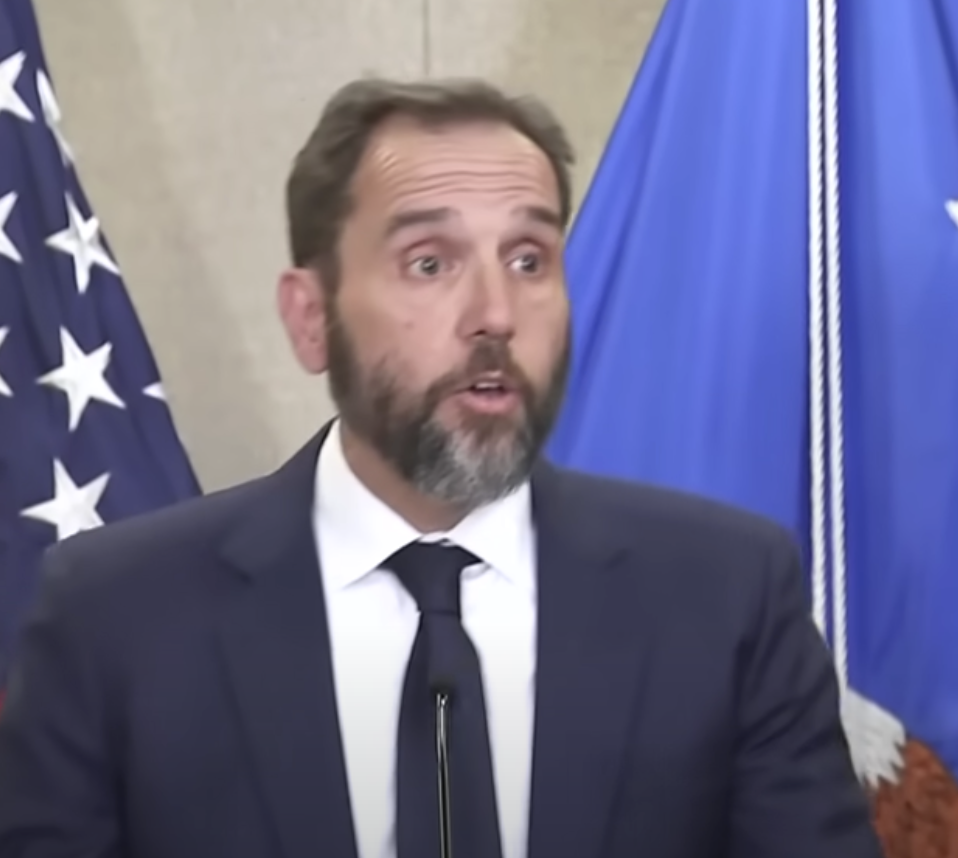A 2013 Department of Justice memorandum designed to prioritize the goals of anti-marijuana legislation should shield Indian tribes who are looking at growing hemp as an industrial crop, former ND Federal Prosecutor Timothy Purdon said.
The so-called “Cole memo” is a policy statement based on Deputy U.S. Attorney General James M. Cole’s Aug. 29, 2013 guidance to federal prosecutors regarding anti-drug laws in states that have adopted ballot initiatives that “legalize under state law the possession of small amounts of marijuana and provide for the regulation of marijuana production, processing, and sale.”
Subsequent DOJ guidance in October 2014 expressly made the Cole memo’s priorities applicable on Indian reservations, meaning the prosecutorial focus would specifically not be on tribal lands.
While the Cole memo is focused on marijuana cases involving drug cartels, sales to minors, the use of firearms in drug deals, and interstate transport of pot, “It seems likely that those memos would apply to hemp farming,” Purdon told the Associated Press. “Under the factors in the Cole memo, it would seem like the department should not be prioritizing the investigation and prosecution of industrial hemp.”
A North Dakota bill passed this legislative session sets guidelines for industrial hemp production, and should make it easier for tribes to grow and process hemp-based products, boosting the tribes’ economic fortunes. ND State Rep. David Monson sponsored the bill, which is meant to put the state in line with the new federal farm policy that allows experimental hemp farming through state ag departments and university research programs .
Tribal authorities also note that the federal government would have to allow interstate transport for hemp growing and processing to be a profitable venture.





